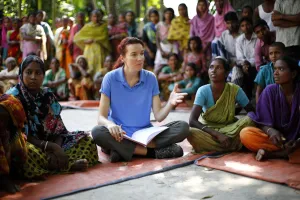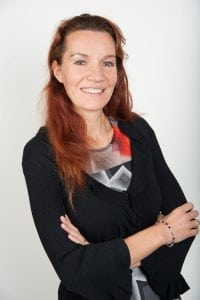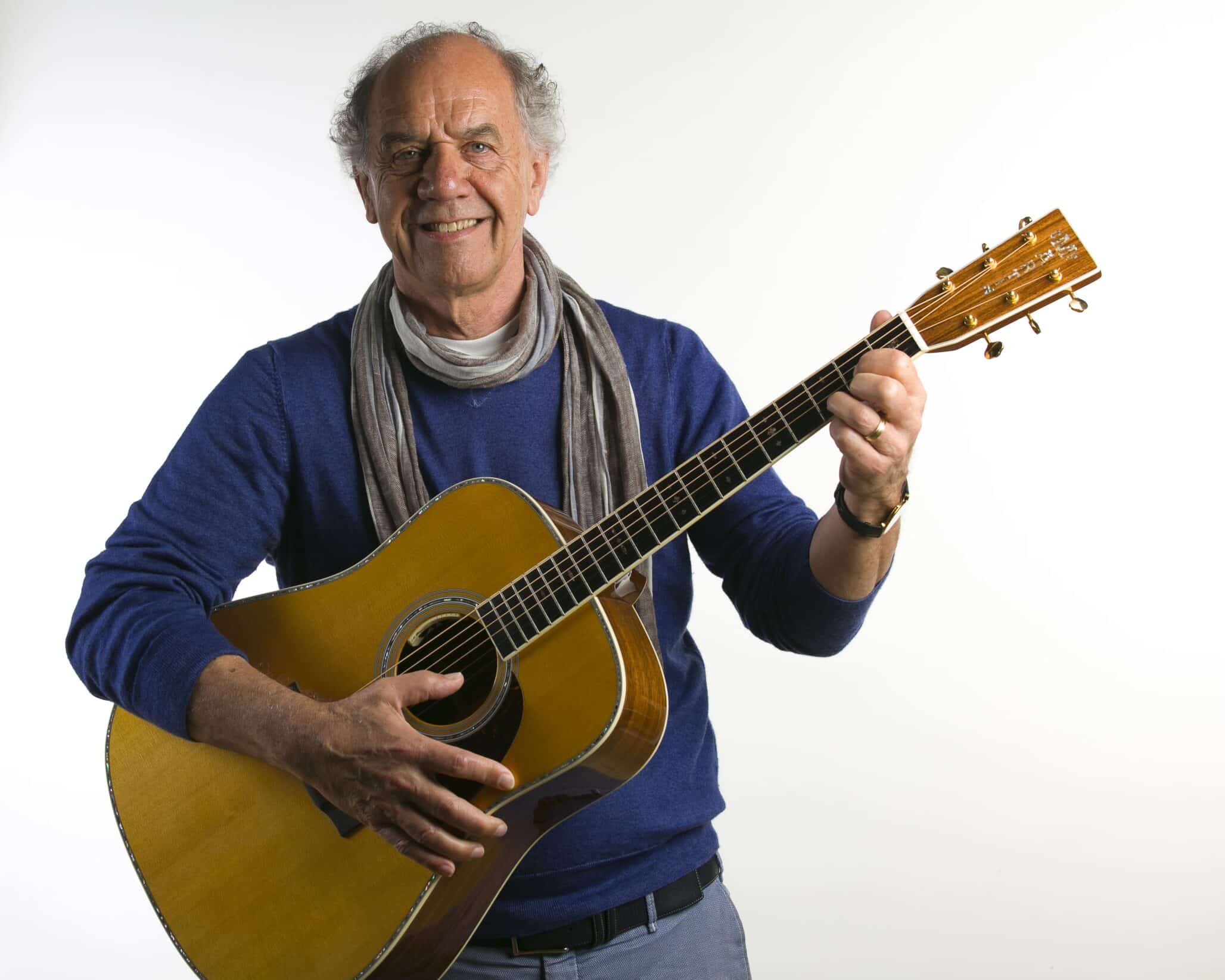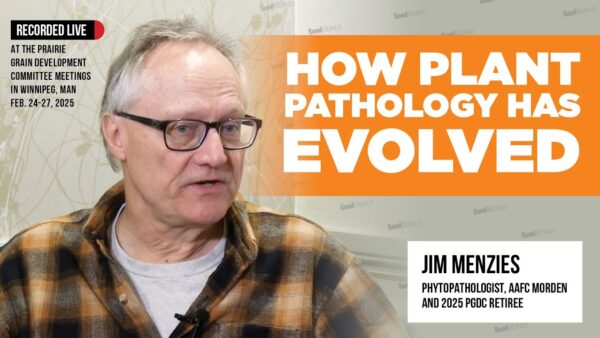Ioana Tudor, global head of Seedcare at Syngenta Crop Protection, discusses living abroad and being adaptable to everything a country has to offer. Our sister publication, Seed World, interviewed this interesting woman.
Seed World: What’s your favorite movie?
Ioana Tudor: One of my favorite movies of all times remains to be “Pulp Fiction” – I love the music and the humor, and each time I get into a McDonalds in Europe I remember about the mayonnaise comment…
SW: Favorite genre of music?
IT: While living in Romania many years ago, I was big rock music fan and never missed any live concerts. Now I enjoy blues music, especially Chicago style. And we are very lucky in Basel that an enthusiastic local music association keeps bringing U.S. blues musicians for live performances every few months or so!
SW: Do you speak more than one language?
IT: I grew up in Romania, but over the past 25 years I lived in the U. S. and Switzerland. So English is what I speak most of the time now, and occasionally I try to communicate in German (although here in Basel everyone speaks English very well, so not too many incentives to progress with German). In addition, during my school years in communist Romania, we all had to learn Russian in school, and I picked up a little bit. In retrospect, now I wish I learned more of it given the significant growth opportunity for agriculture in the CIS countries.
SW: What do you see as the most important innovations in the seed industry over the next decade?
IT: Seed technology innovations will continue to bring step changes in yield. First, hybridization in crops like wheat can bring significant step change in yield potential. Second, further penetration of GM technology in new geographies (e.g. China) and new breeding techniques, like gene editing will make a significant impact on productivity. From a seed treatment perspective, we are very excited about many new innovations that we can launch on the seed – over the next 10 years I see nematicide seed treatment becoming more of a standard and in addition products with abiotic stress management will have a significant role to play to stabilize yield potential in increasingly volatile environmental conditions. Lastly, mother Nature continues to give us challenges with resistance building towards existing solutions (whether chemicals or GM traits) and this creates new innovation opportunities and keeps our R&D teams always very busy. I am happy to report that our pipeline is full, and our challenge is to bring these new products to market on record time, in the hands of our customers.
SW: There’s a lot of work being done in the microbial space in seed treatment products, how do you see those working for Syngenta?
IT: Generally, biological seed treatment solutions (so not only microbials but also plant extracts) are becoming increasingly appealing to our customers. These products could help with yield increase and they are easier to register than chemicals (hence provide more flexibility for tailored solutions by crop/ geography). In places like Europe, where regulatory pressures continue to increase, many of the chemical solutions can no longer be commercialized and in the future, biocontrols might provide a gap filling. Seedcare is quite active in this space – we have launched already in the U.S. market a novel biological nematicide CLARIVA, for which we registered last fall the first-ever chemical- biological premix containing fungicides, insecticide plus CLARIVA. In addition, under the brand umbrella EPIVIO, we commercialized in Brazil and China already products that can help with abiotic stress management and provide yield stability. We also have a long-term R&D partnership with DSM, which is a leading biological player in food & nutrition segment, and together we are jointly developing new biocontrol pipeline products for agriculture use. In the inoculant space, especially in Latin America we have a long-standing strategic partnership with Rizobacter, a leading Argentinian company.

SW: I understand you spent time in Bangladesh, learning to experience agriculture in the emerging world. What was your biggest take away from that?
IT: Indeed, I spent one month in Bangladesh in 2014, as part of a Syngenta partnership with VSO (an international NGO), where we developed a program working with very small & poor grower smallholders in rural northwest Bangladesh. It was an amazing experience for me, as most of my agricultural career in the last 20 years has been working mostly in the U.S. and Europe where the size of the farms is very large and agriculture is very modern & high tech. I felt so proud of the contribution that Syngenta was making in the lives of those farmers in Bangladesh. The Growing Together program that we set up 3.5 years ago has made a lot of impact in the lives of over 10,000 farmers and their communities, and in the meantime, many more partners were added to the project. The biggest learning for me, beyond adjustment to living conditions very different than what I was used to, was to learn to work together with an NGO, which has very different perspectives than what a for-profit company like Syngenta has. But once we learn how to leverage the skills & capabilities that each party can bring to the project, the impact can be very significant.
You can find more information at the following website: https://www.vsointernational.org/sites/default/files/Growing%20Together%20In%20Bangladesh%20-%20Syngenta%20and%20VSO%20report%202015-16.pdf
SW: You were born in Romania, educated in the U.S., and currently, you live in Switzerland. Is there anything you miss about living in the U.S.?
IT: I am a very adaptable person, so I try, each time I live in a country to fully enjoy the beauty of that country and what it has to offer – and Switzerland does look like a small piece of paradise! What I miss about living in the U.S. is the convenience of having everything available 24/7, the diversity of foods, the cultural & theatre scene (which are harder to experience in Switzerland due to language barriers) but most importantly what I miss is the friendliness of the people in the U.S. In Switzerland, I always felt as a ‘guest worker’ while in the U.S. I always felt at home, regardless whether living in South Carolina, Delaware, Pennsylvania or Minnesota. Maybe for that reason, all my 5 kids, if you ask them where are they from, the answer is always… “from Minnesota.”











